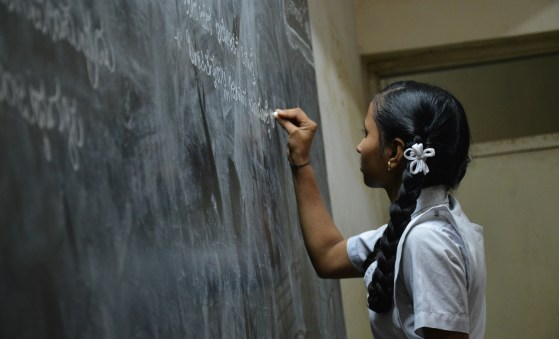At the conclusion of its Plenary Assembly, the bishops of the Catholic Church in India recommitted to follow in the footsteps of Christ to be more effective in its service to the nation.
Attending the Feb. 1-8 gathering in Bangalore, the bishops pledged to lead an "austere and prayerful life", and life up to Jesus' invitation to be the light of the world and the salt of the earth.
The Plenary Assembly was attended by some 161 bishops of the Catholic Bishops' Conference of India (CBCI). Several deliberations were held on the theme 'The Church's Role for a Better India'.
Noting the need for taking a decisive stand in favour of the poor and marginalised, the bishops pledged to work for the disadvantaged and marginalized and implement Church's social doctrine that underlines the centrality of the human person in all activities.
"In spite of the attacks on the Church, we will continue our work for the disadvantaged and marginalised, enlisting our doctors, lawyers and other qualified personnel into their service. In reaching out to the least and the last of society, the Church portrays the compassionate face of Christ," said a statement that was brought out at the conclusion of the meet.
Perceiving that one of the major causes of violence is injustice, the Catholic Church committed to the liberation of the weaker sections like tribals, women and Dalits, in particular the unorganized groups like fisher-people, farmers, migrants, domestic workers, victims of trafficking and so on.
Further, recognizing that untouchability and caste discrimination were contrary to the Gospel of Jesus, the bishops pledged to root out the evil, wherever it exists, and make concerted efforts to empower Dalits.
"We commit ourselves to join hands with our Dalit brothers and sisters in their fight for equal rights and the Constitutional benefits which are denied to them on the basis of religion," they announced.
The CBCI is the apex body of the 17 million Catholics in India. Together, the Catholic Church manages several hundreds of hospitals and over 20,000 educational institutions in different parts of the country.
During the Plenary Assembly, the bishops declared to continue using its educational institutions as agents for social transformation, nurturing in students both ethical and spiritual values.




